Globally, approximately 30% of food produced annually is lost or wasted. The U.S. Environmental Protection Agency estimates that 58% of methane emissions from municipal solid waste landfills stem from food waste.
“There’s a real opportunity with food waste because . . . it’s all compostable,” said Jeremy Betterley, Waste Reduction and Recycling Coordinator for Tompkins County’s Department of Recycling and Materials Management (TCRMM). “So everything we can do to divert that to composting or anaerobic digestion or feeding animals, it all has an impact on climate change.”
County efforts
TCRMM’s Food Scraps Drop Spots are designated areas for residents of Tompkins County to discard their food scraps at no cost. Initially opening at the Recycling and Solid Waste Center in Ithaca, 17 satellite locations have been added throughout the county over the last decade.![]()
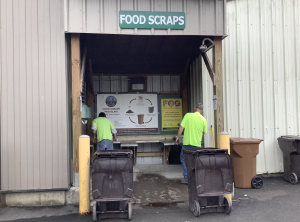
These scraps are transferred to Cayuga Compost, where it is processed into high-quality compost that is sold and distributed throughout Central New York, providing both a green method to reduce food waste and benefit the environment.
The department and drop-off spots provide free kitchen caddies for scrap collection, but discontinued providing free liners in October. Betterley says that this hasn’t mitigated the program’s effectiveness.
“We get somewhere around 450 to 500 tons a year of food scraps that we’re diverting through our drop spots . . . the number of people using a drop spot on a given week fluctuates between like 1000 . . . and 1800,” said Betterley.
TCRMM recently expanded it’s efforts by starting the Compost Club. Through this, participants in densely populated neighborhoods or apartments will receive access codes to unlock composting bins.
“So that way we can kind of offer it to these like pockets of neighborhoods where maybe there’s a lot of people, but there isn’t a good spot to like park a truck or put a shed or something like that,” said Betterley.
Spreading the word
Emily Jernigan of Zero Waste Ithaca highlighted education and accessibility as important tools in increasing community involvement in food waste reduction.
“I think it’s a lot of education because people think, like, oh, well, it’ll just break down, but in a landfill without oxygen, it’s breaking down to methane, which is way more potent of a greenhouse gas than carbon dioxide,” Roberge said. “And then, like, making it as easy as possible. I think people see it as a really challenging thing . . . it can be as complicated or as simple as you like it to be, but the easier we can make it, the more people will be incentivized to do it.”
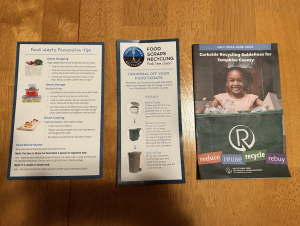
Betterley noted educational and practical collaboration as a key to reducing waste.
“We’ve worked with Friendship Donations Network a lot in the past and we do a lot of education . . . we have a re-business partners program where we’ll actually like do consultations with businesses when they come to us asking like, hey, how can we recycle better? How can we, you know, how can we do more of those things like that?” Betterley said.
Business implementation
GreenStar Cooperative Market is a food fixture within Ithaca. General Manager Jeff Bessmer emphasized that controlling food waste is a core focus of the co-op.
“In the whole grocery industry . . . it’s pretty typical for grocery stores to have like 10% waste . . . if you’re thinking of a giant store that has a lot going into the landfill, not to mention all the packaging and everything like that. What we budget for here is three to four percent, so less than half of what most grocery stores go to waste,” said Bessmer.
GreenStar Co-op uses educational and collaborative strategies to reduce food waste, providing classes and a newsletter about conscious consumption. They also partner with businesses and organizations within the community.
Bessmer said that cooperative business models help reduce food waste overall.
“It kind of gathers people who are really passionate about [food waste]. It also creates a space for dialogue . . . the simple definition of a co-op is a democratically owned business. People buy into ownership of the co-op or created us in the first place because, you know, they want a sustainable local grocery store, and a big part of that is producing waste and making sure food scraps go in the right direction instead of into the trash.”

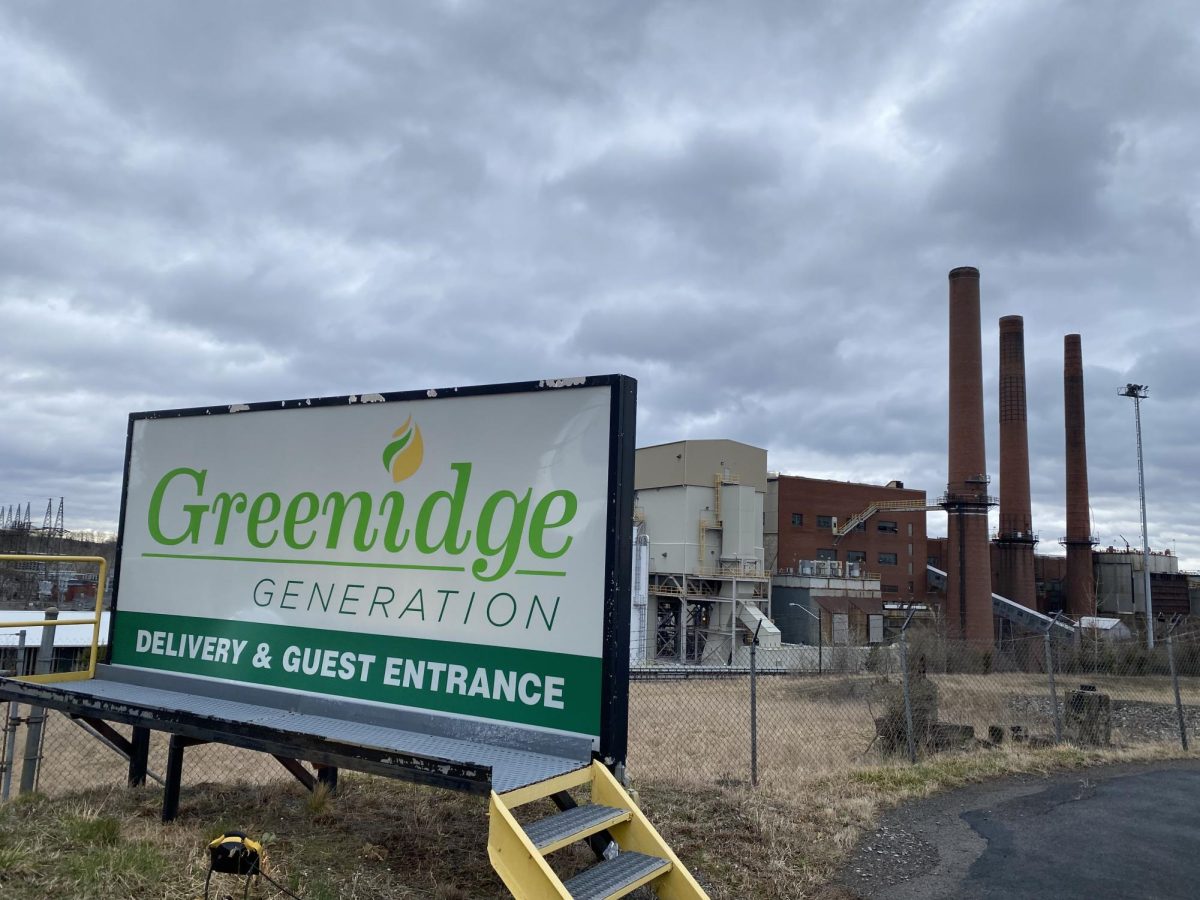

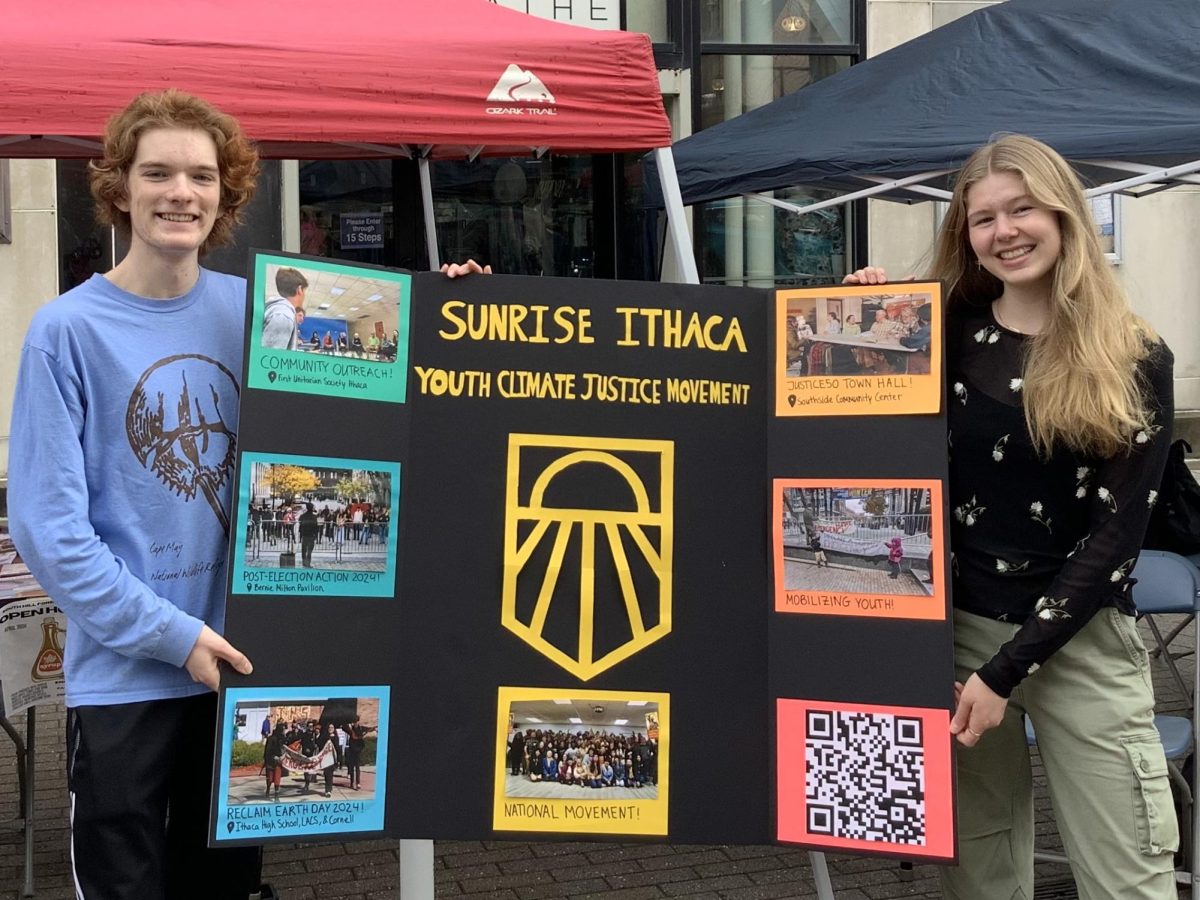
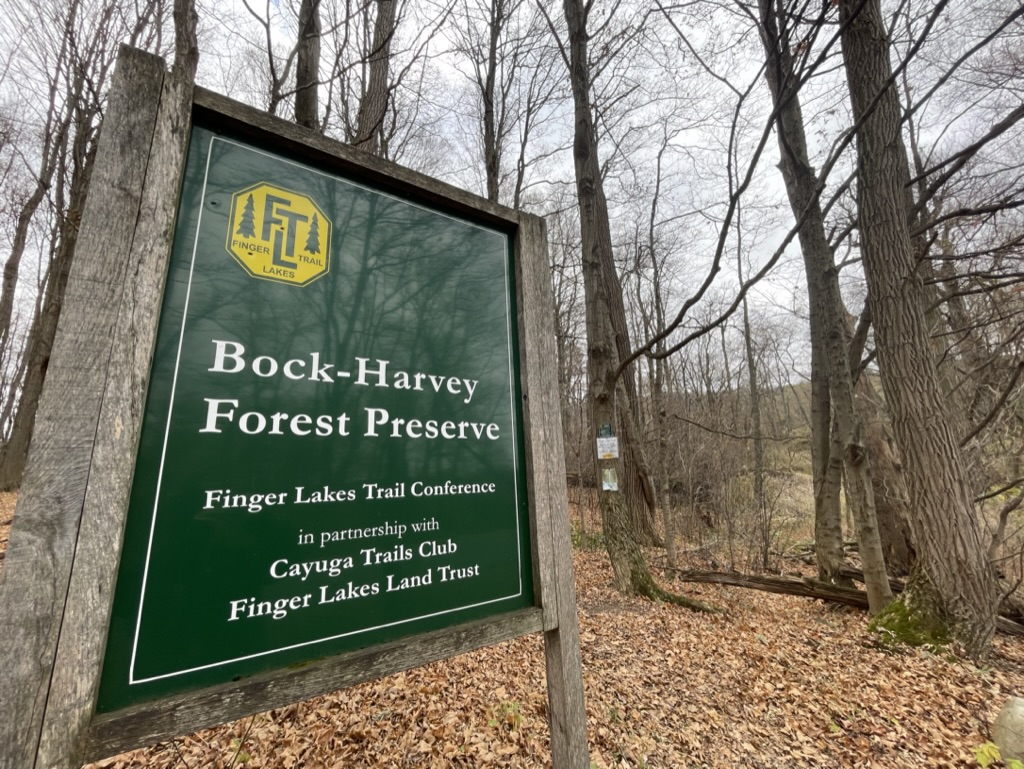
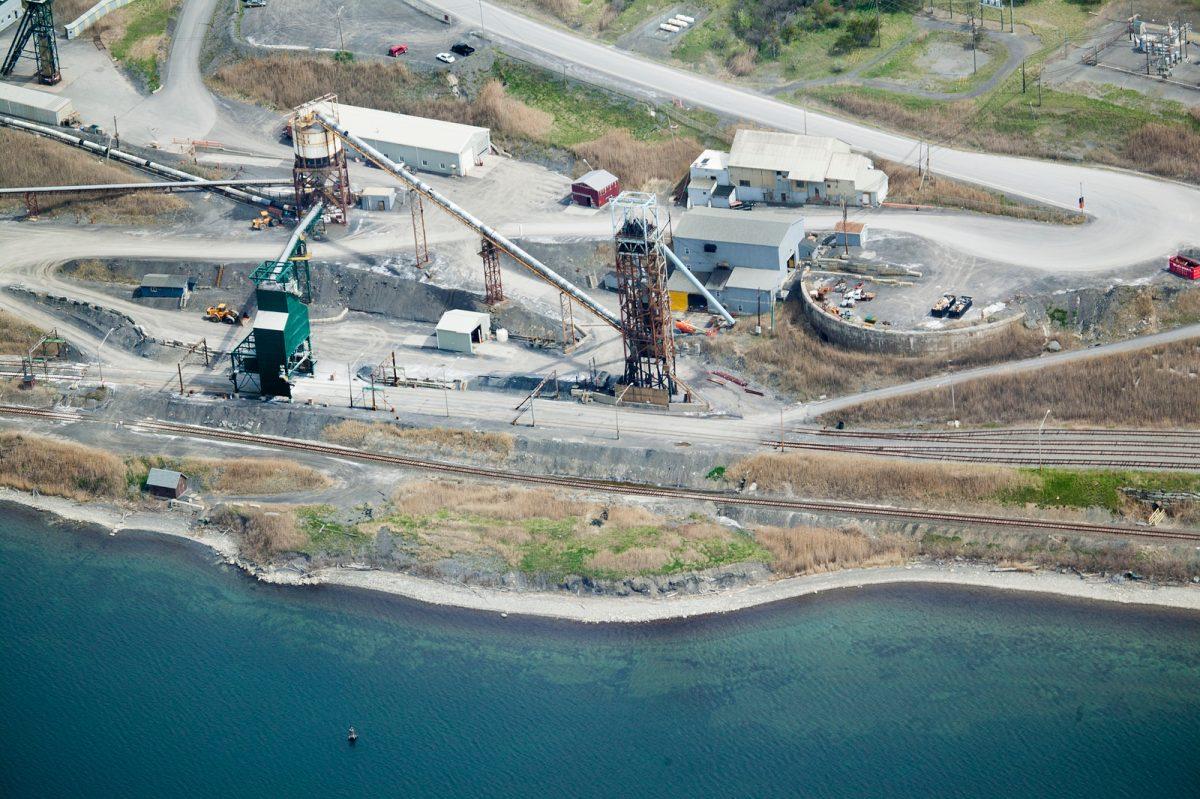
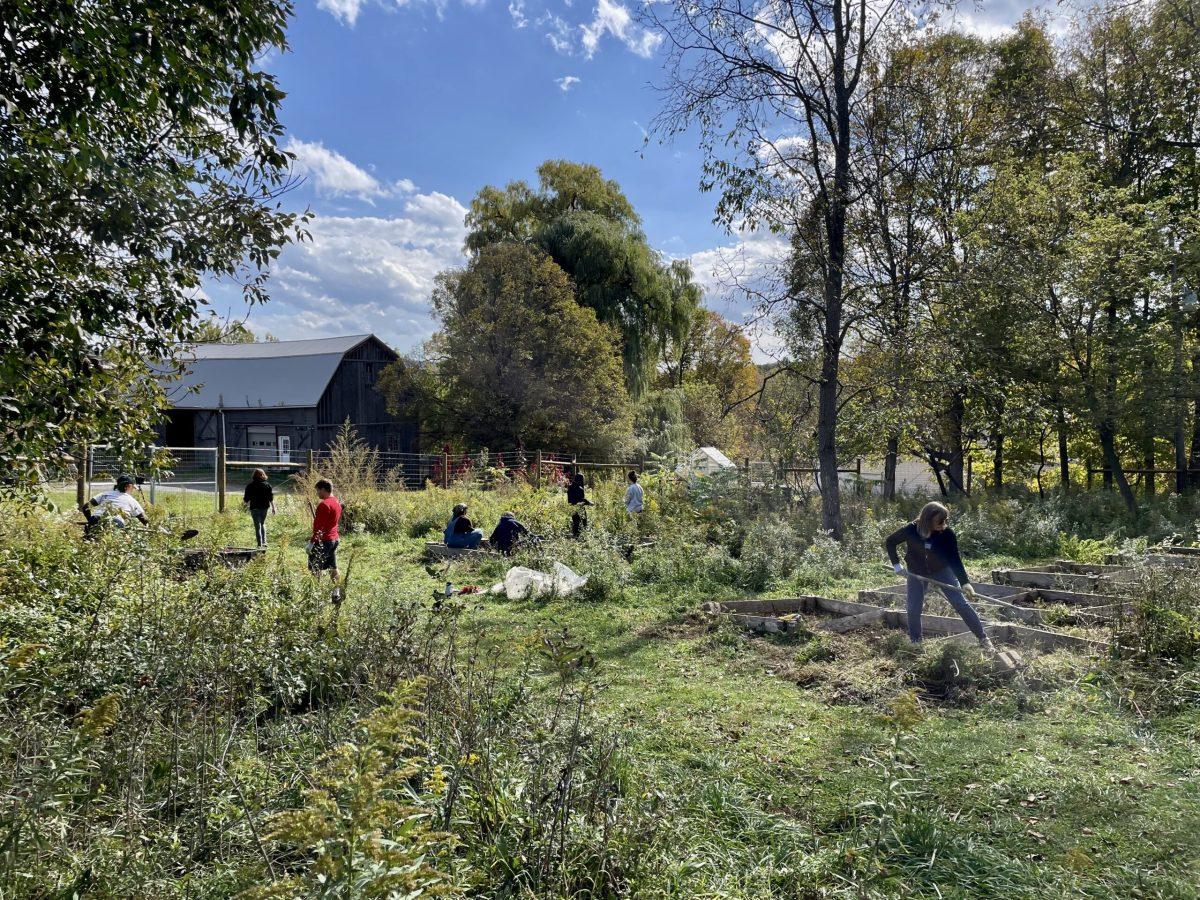
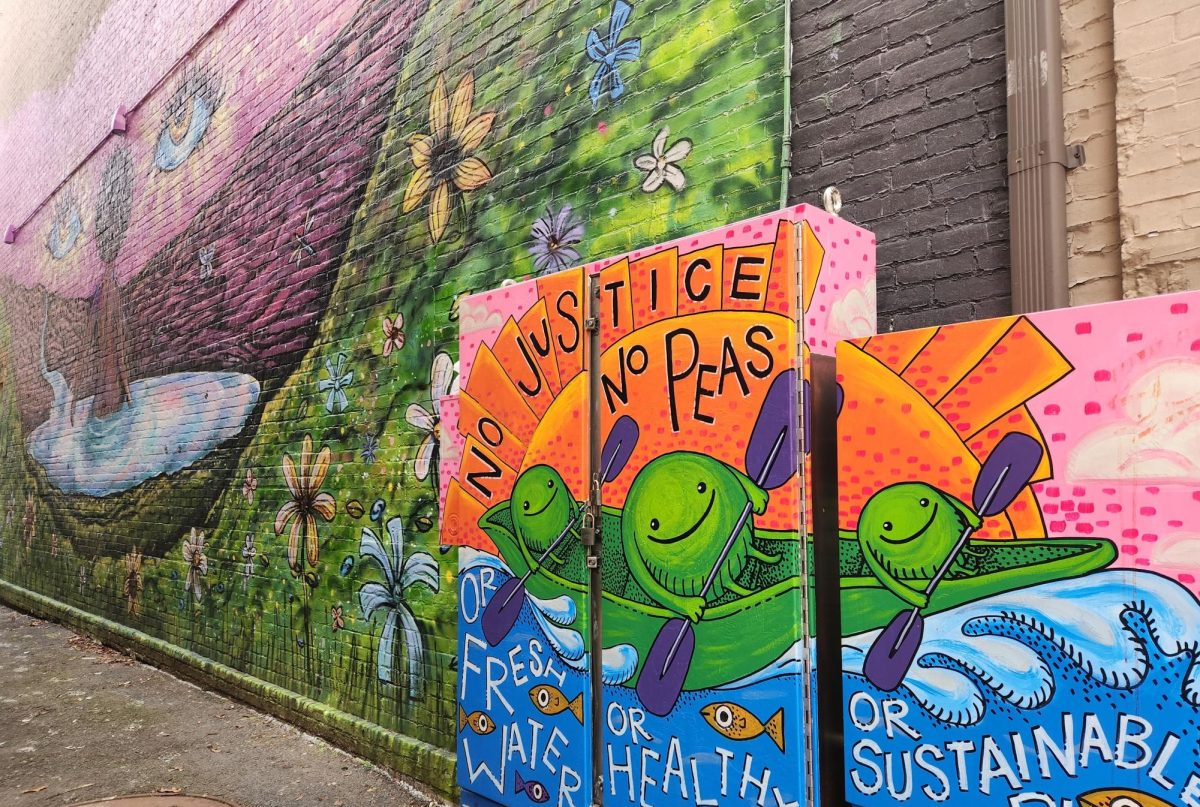
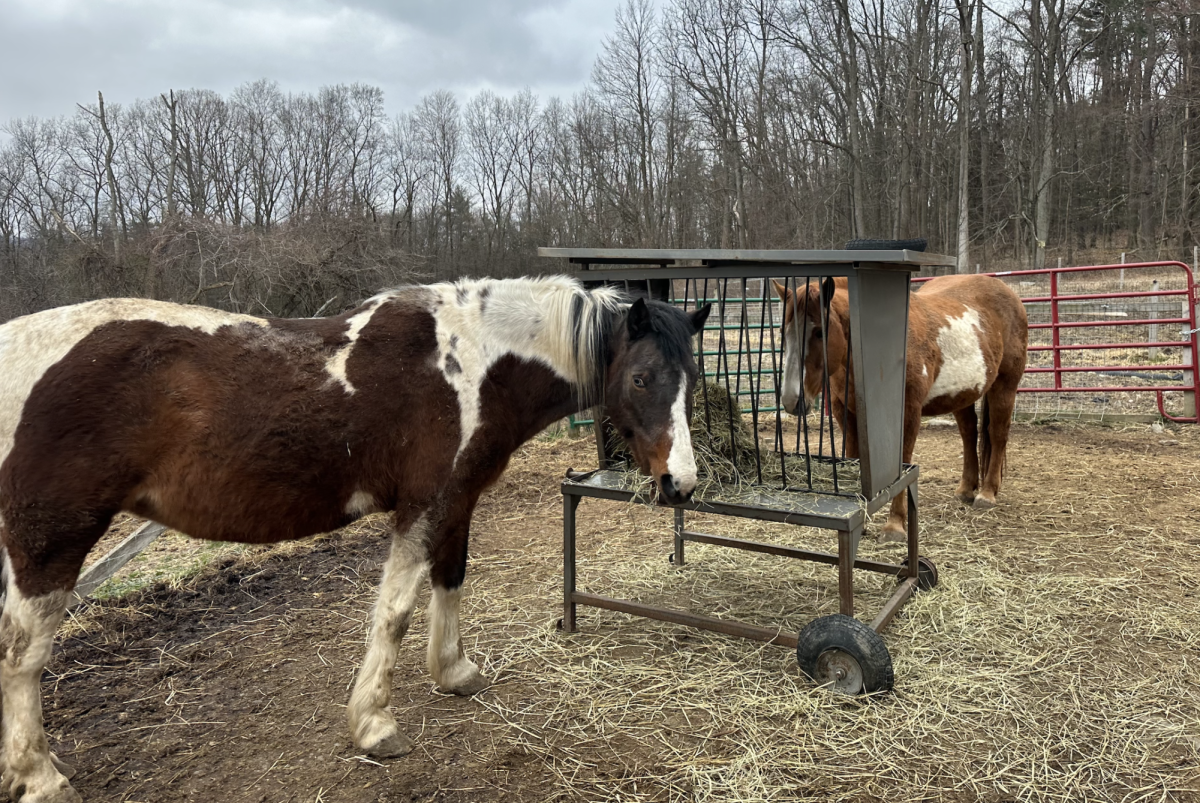
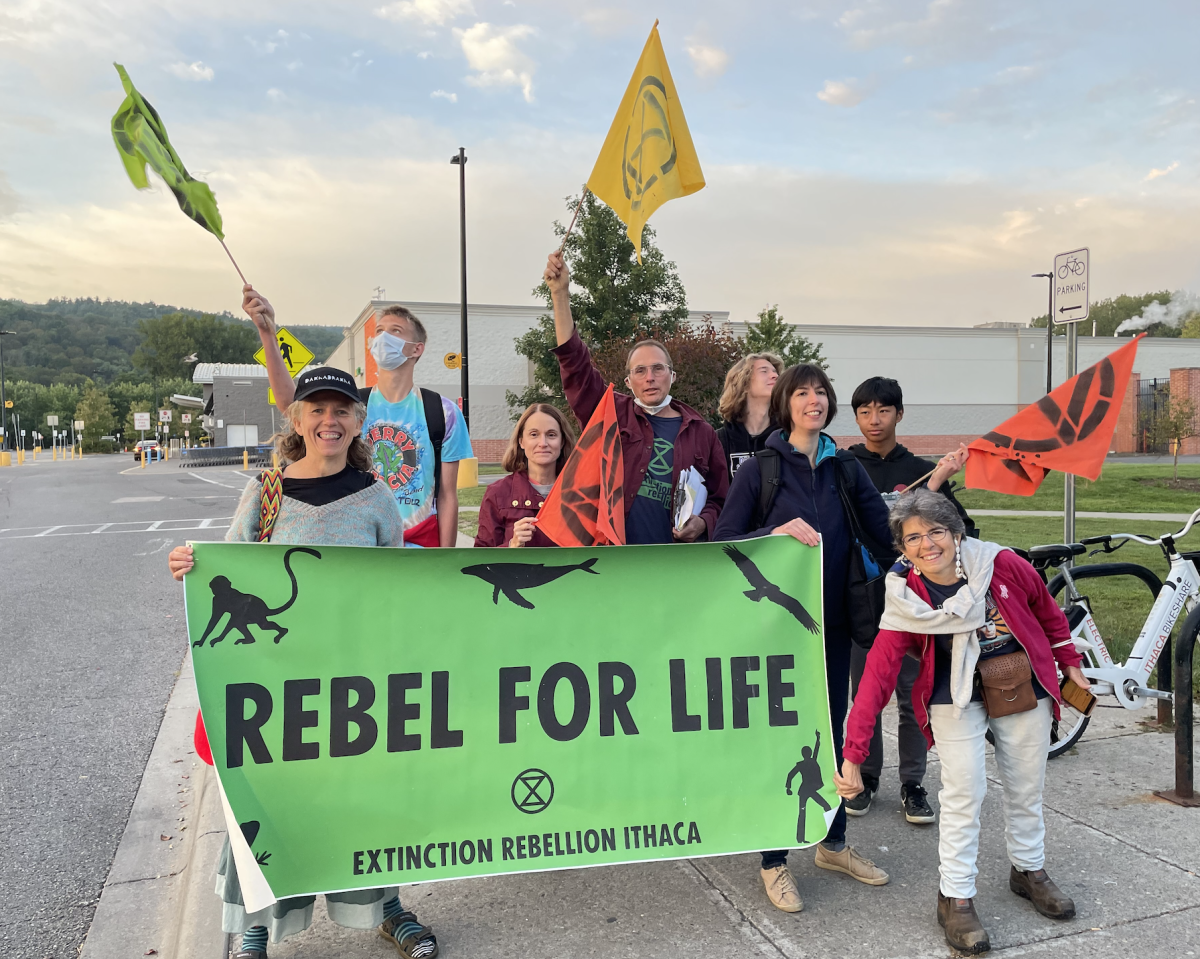
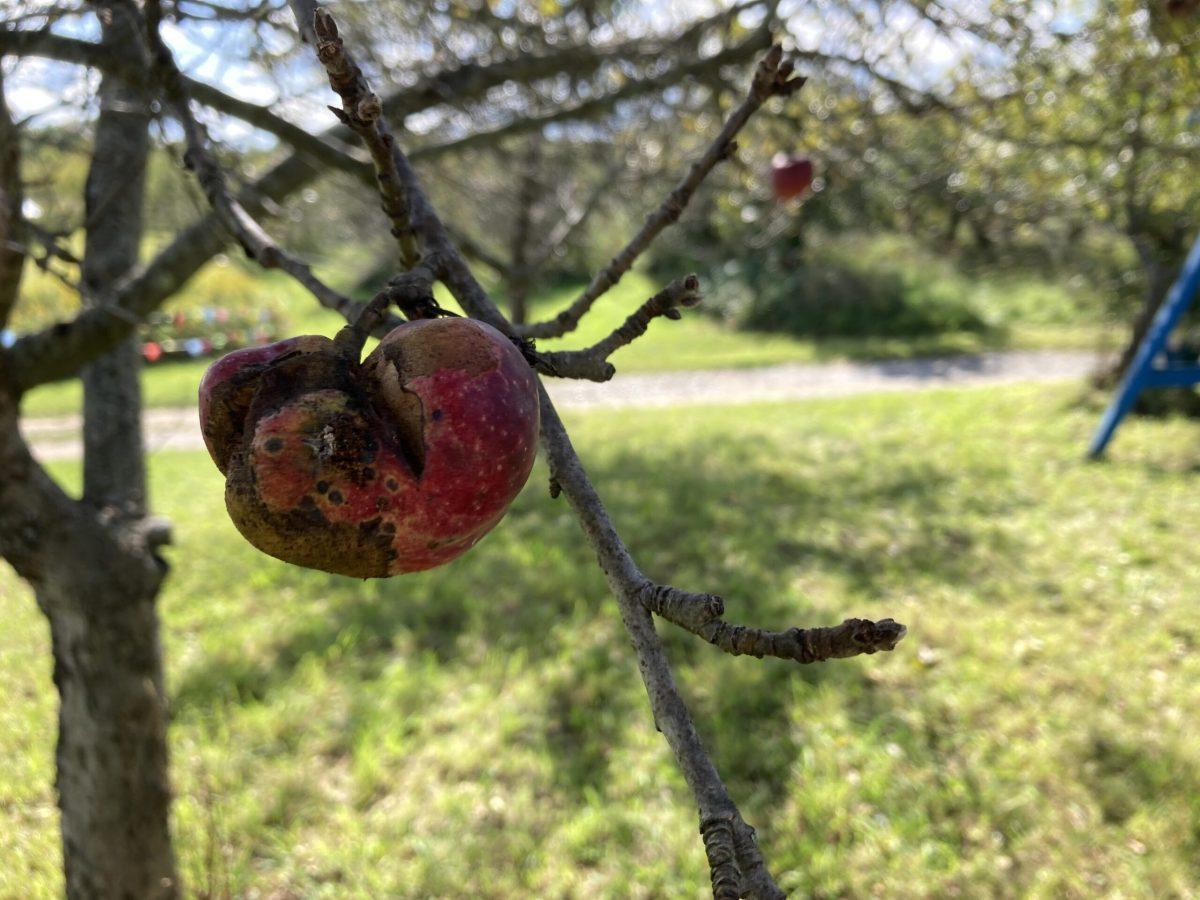
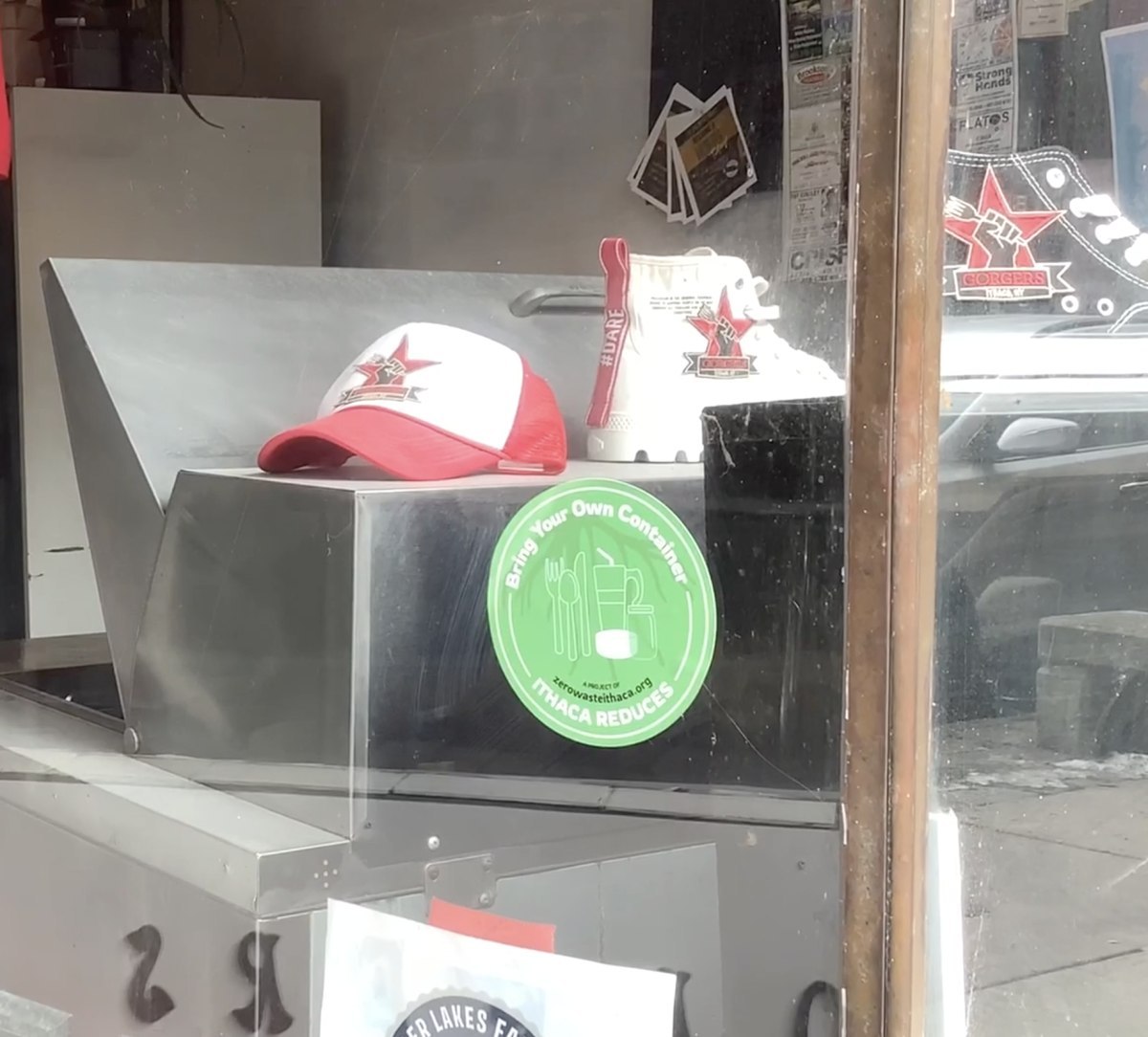
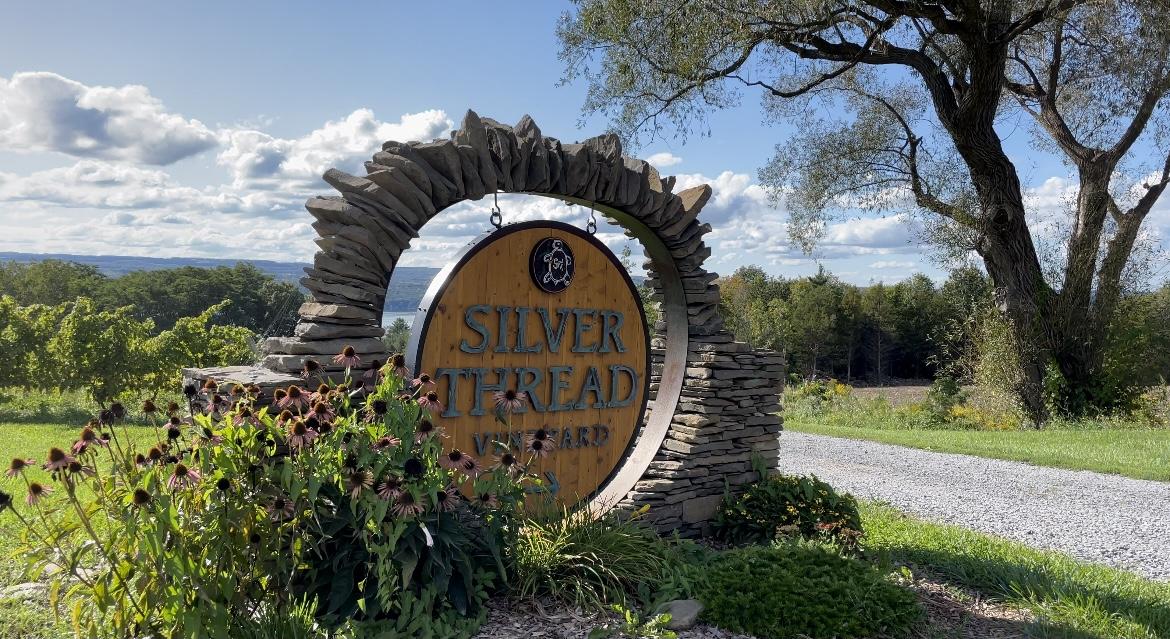






Meena Haribal • Apr 15, 2024 at 8:33 am
These days all groceries package food in plastics and that too in huge portions, which cannot be finished even by two people in a week and that food goes to waste. So there should be groceries available to take as much you want and not be forced with a huge packs. Previously they were available. Everything need not be in a plastic containers. We should not buy such packaging.